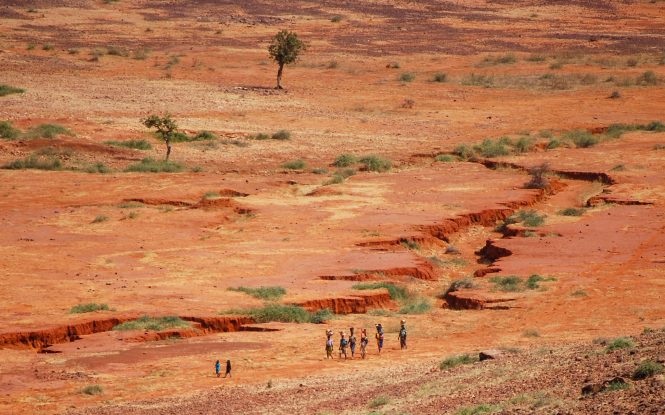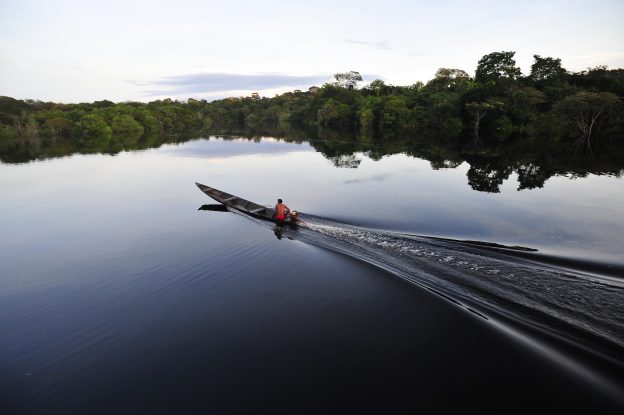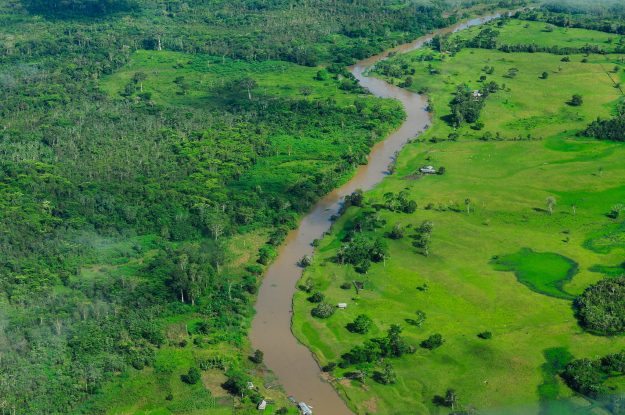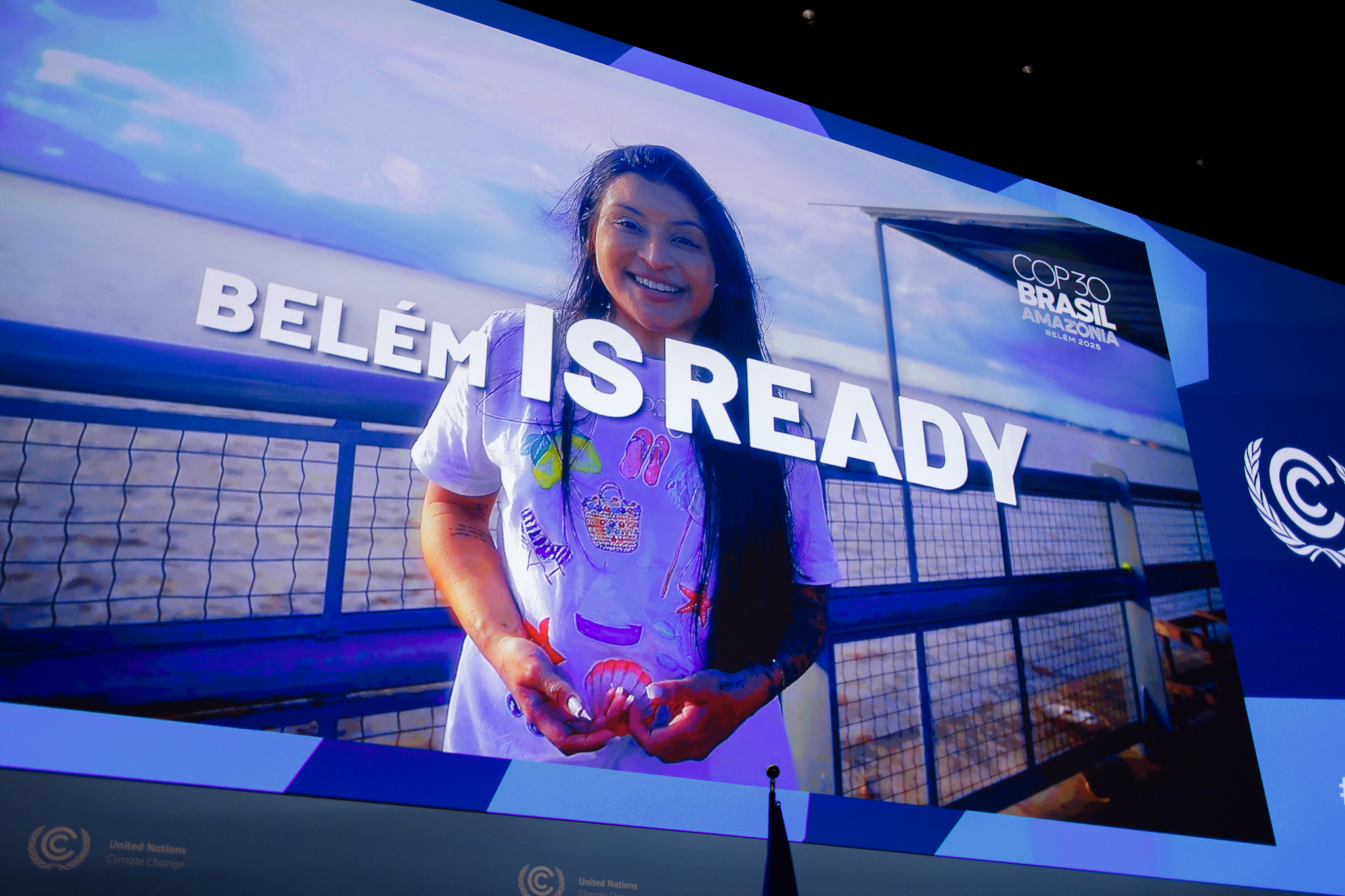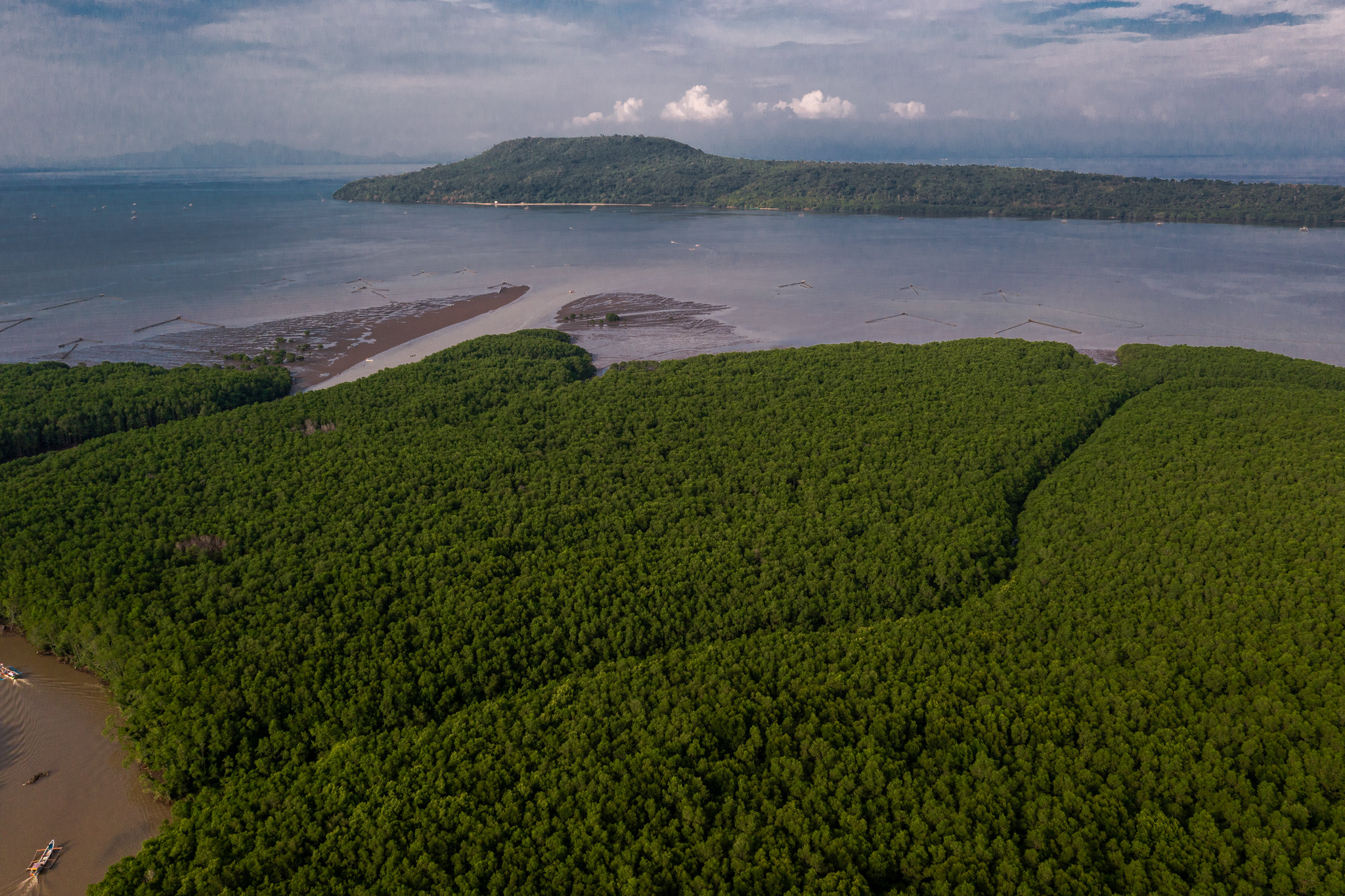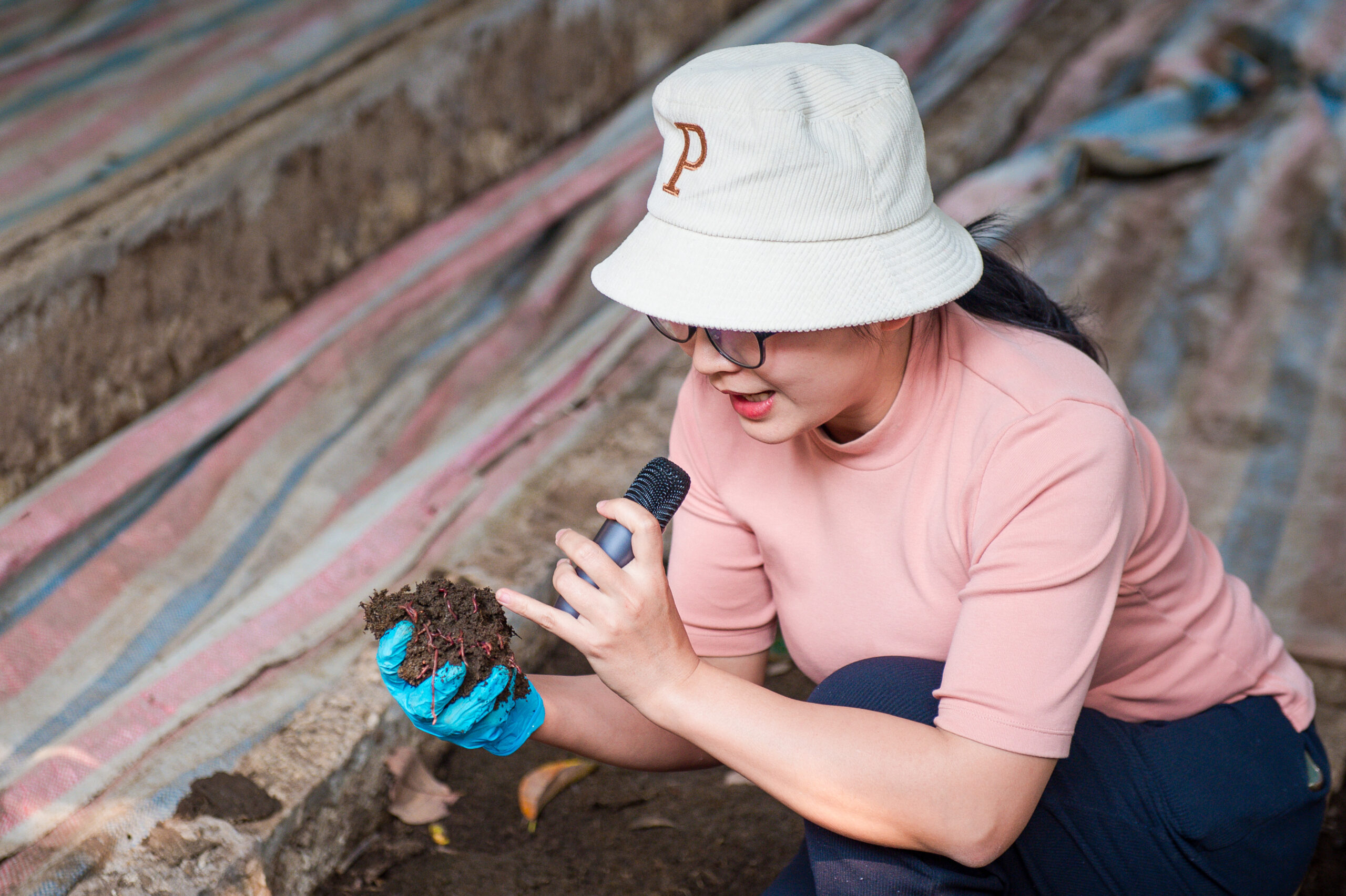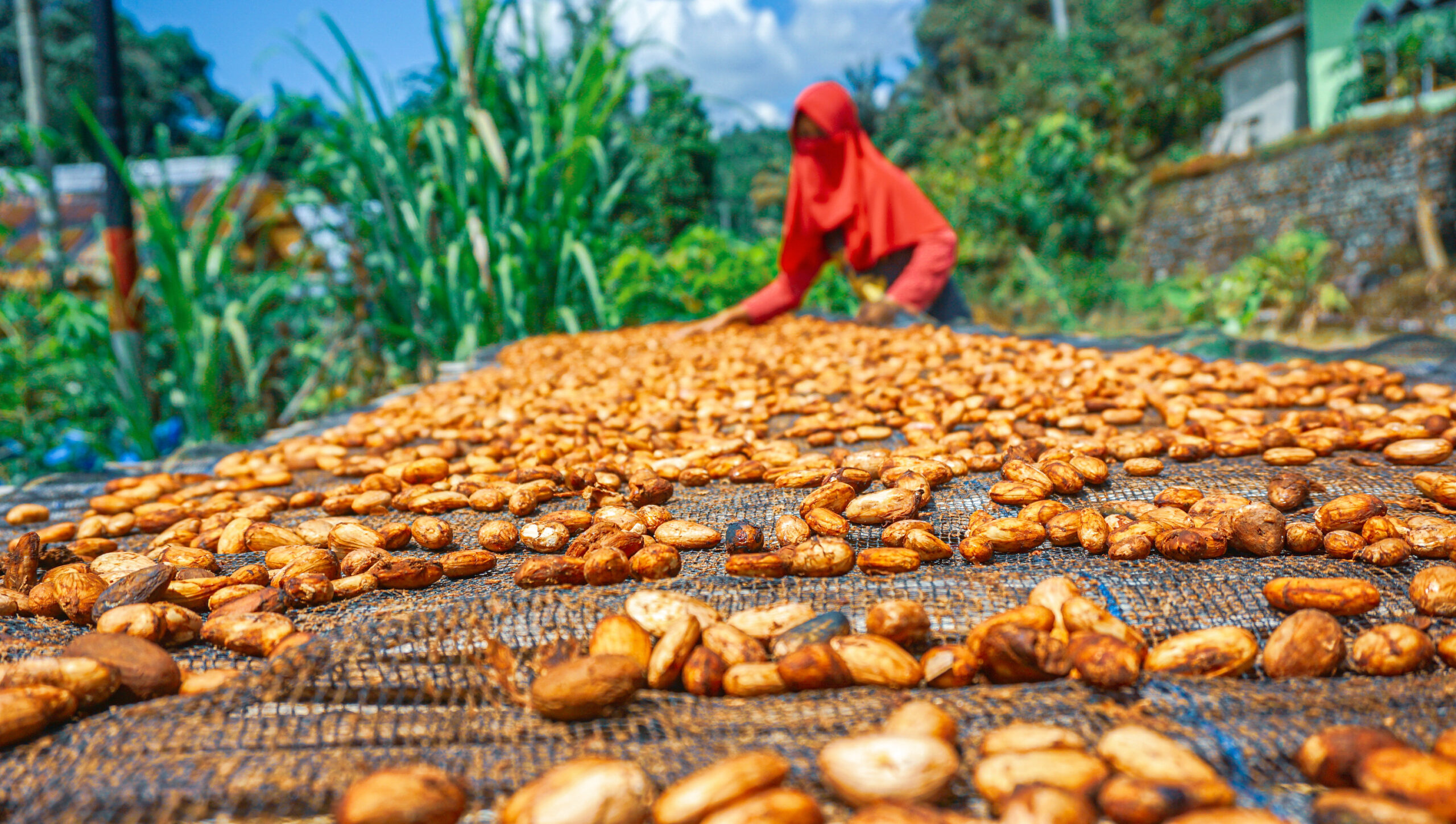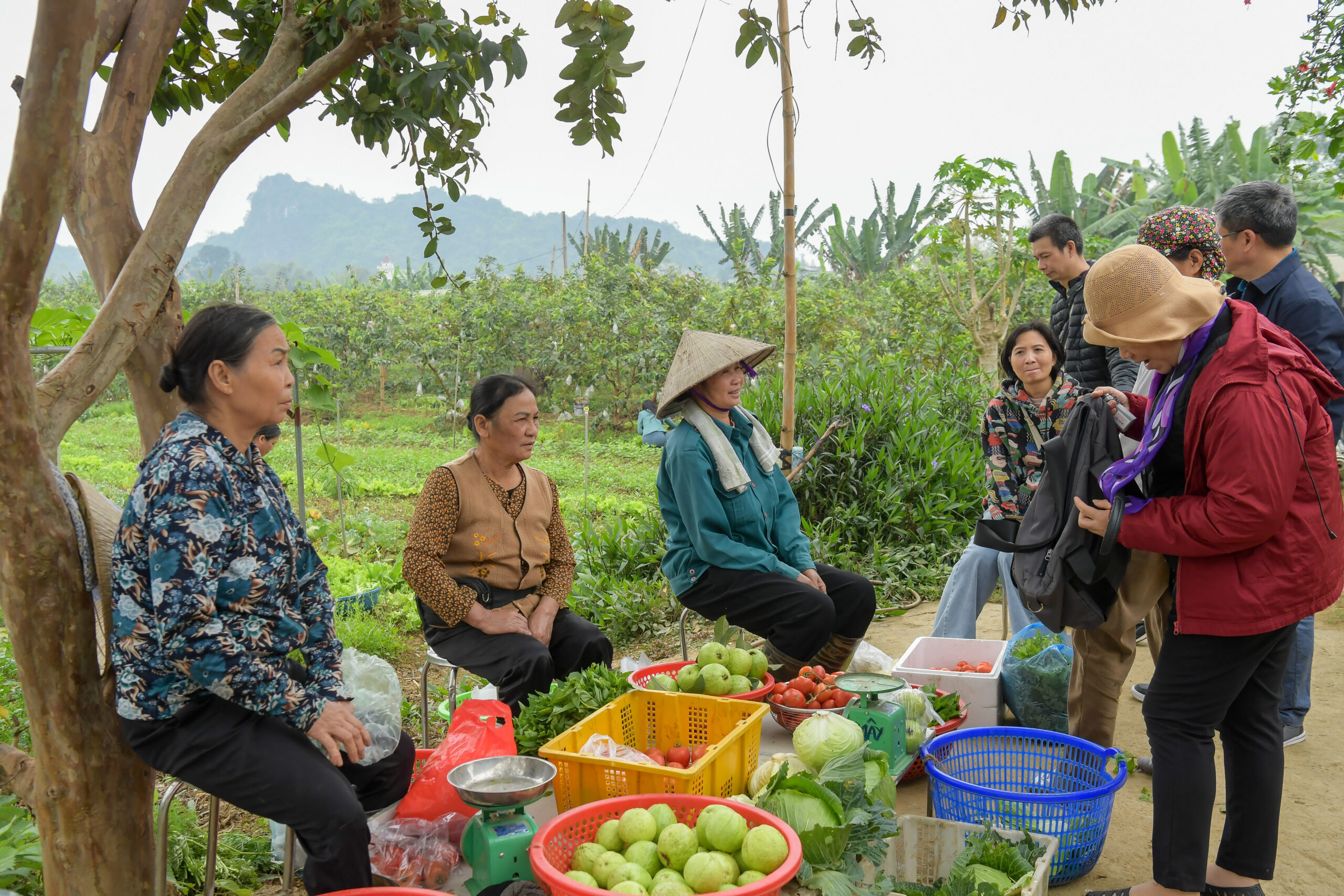Read this article in Spanish.Â
As Brazil prepares to host COP30 in BelĂ©m this November, the country is laying out a bold, implementation-driven vision for what many hope will become a landmark climate summit. Four official letters from the COP30 Presidency, alongside consistent communications from the coordination team since February, highlight three overarching priorities: implementation, inclusion and innovation.Â
Expectations are high. COP30 will mark a decade since the Paris Agreement was adopted, an opportunity to reflect on global progress, assess updated national pledges and scrutinize what has actually been achieved. But the urgency goes far beyond commemorative timelines. Around the world, headlines on floods, droughts and wildfires, many scientifically linked to human-driven climate change, continue to signal the immediate and escalating consequences for lives, economies and ecosystems.Â
From reimagining climate finance to elevating grassroots leadership, here are 10 key themes the Brazilian COP30 Presidency is placing at the heart of the Belém conference agenda:
1. A call to unite global society
Brazil envisions COP30 as a platform to transcend political and sectoral divides and foster global cooperation. At the core of this vision is the concept of a “Global Mutirão”—a collective mobilization rooted in Indigenous values—bringing together governments, civil society and the private sector to co-create climate solutions. Brazil is embedding this approach into the negotiation process, aiming to bring local, autonomous and collaborative initiatives into a global movement capable of delivering real-world results at the pace the climate crisis demands.
2. A Globally Determined Contribution (GDC)
Expanding on the outcomes of the Global Stocktake, Brazil is advancing the concept of a Globally Determined Contribution—a broader, more inclusive framework that engages cities, Indigenous Peoples, youth and businesses alongside national governments. Â
“Our goal is to bring new energy to global climate action by aligning the efforts of business, civil society and all levels of government into coordinated action—a global mutirão to fulfil the Global Stocktake as if it were a globally determined contribution,” wrote COP30 President André Corrêa do Lago in the fourth Presidency Letter.
3. Accelerating ambition with clear benchmarks
Only about ten percent of the 196 signatories of the UN Framework Convention on Climate Change (UNFCCC) have submitted updated Nationally Determined Contributions (NDCs), despite an original deadline of February—now extended to September. Brazil is urging countries to submit revized, enhanced NDCs aligned with the 1.5 °C target, while advancing actions to halt deforestation by 2030, triple renewable energy capacity and double energy efficiency.
4. Forests at the heart of climate action
As a leading tropical forest nation, Brazil is putting forests at the centre of COP30. Dubbed the “Amazon COP,” this summit will highlight forests not only as carbon sinks but as essential development assets that contribute to both mitigation and resilience. The Presidency is calling for large-scale investment and innovation to halt deforestation and position forests as critical allies in the fight against climate change.
5. The Tropical Forests Forever Facility (TFFF)
Central to Brazil’s climate finance agenda is the TFFF, a performance-based fund aiming to mobilize USD 4 billion annually to reward countries for conserving tropical forests. Supported by BRICS nations – Brazil, Russia, India, China and South Africa – along with the United Kingdom and Norway, the fund proposes direct payments of USD 4 per hectare per year, with at least 20 percent earmarked for Indigenous Peoples and local communities.Â
“This level of funding is three to four times the discretionary budgets of environmental ministries in key forest countries and dozens or even hundreds of times what the voluntary carbon market currently pays. The TFFF has the potential to transform national forest conservation policies,” reads an official statement.
6. Justice and inclusion as governance pillars
Brazil is proposing a Global Ethical Stocktake to ensure justice is embedded in climate action. Led by Brazil’s President Luiz Inácio Lula da Silva and UN Secretary-General António Guterres, the initiative will draw on six regional dialogues with civil society across all continents. Its aim: to reflect on the values, behaviours and responsibilities that must shift for UN climate commitments to become a reality. Governance mechanisms such as the People’s Circle and high-level Indigenous commissions are also being designed to centre historically excluded voices in the negotiations.
7. Empowering subnational governments
Through the Coalition for High Ambition Multilevel Partnerships (CHAMP), Brazil is advocating for local and regional governments to gain access to climate finance and technical support. The newly announced Local Leaders Forum will convene hundreds of mayors, governors and other subnational leaders to exchange local climate solutions and showcase how cities, states and regions are driving global progress through multilevel climate action.
8. Mainstreaming climate diplomacy
Brazil is calling for climate to remain at the top of the global agenda beyond the COP calendar. Through engagements at the Subsidiary Body for Scientific and Technological Advice (SBSTA) and the London Climate Week, the Presidency has emphasized the importance of coordinating climate action in broader forums such as the G20, International Monetary Fund (IMF), BRICS, World Bank meetings, and the UN General Assembly to ensure consistency and year-round momentum.
9. A “Six Pillars” strategic agenda
Brazil’s proposed COP30 negotiation framework is built around six thematic axes covering mitigation, adaptation and means of implementation:Â
- Transitioning Energy, Industry and Transport;
- Stewarding Forests, Oceans and Biodiversity;
- Transforming Agriculture and Food Systems;
- Building Resilience for Cities, Infrastructure and Water;
- Fostering Human and Social Development; and the final cross-cutting axis of
- Unleashing Enablers and Accelerators, including Finance, Technology and Capacity Building.
10. From pledges to practice: COP30 as a turning point
Brazil’s overarching ambition is for COP30 to mark a decisive shift in the global climate process, where grassroots mobilization, reformed governance and concrete actions converge. With proposals like deforestation phase-out, ambitious renewable energy targets and the launch of the TFFF, COP30 is being framed as a pivotal moment of structural change.Â
While some participants have voiced concerns about logistics and accessibility challenges in BelĂ©m, the stakes remain high. Brazil’s legacy at COP30 could help shape one of the most consequential climate negotiations of the decade, potentially transforming pledges into bold, concrete and just action for a resilient future for people, biodiversity and the planet.Â

